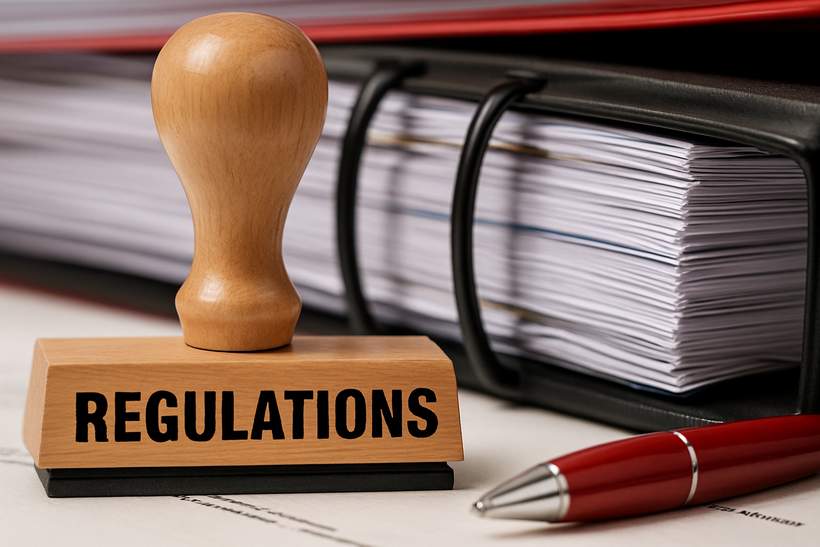KSA Chair Proothuizen Proposes Establishment of an International Gambling Enforcement Agency

Challenges the Netherlands Faces in Combatting Illegal Gambling
The Dutch gambling regulator, Kansspelautoriteit (KSA), led by Chair Michel Groothuizen, has spotlighted the ongoing challenges posed by illegal gambling activities. During the IAGR 2025 conference held on October 21, Groothuizen discussed the regulatory difficulties experienced by the Netherlands and the broader implications for the global gambling market.
The Persistent Black Market and Regulatory Complexities
Despite significant growth in the global gaming industry, the unchecked expansion of the black market remains a serious concern. While legal gambling operators work hard to establish strong player safeguards, illicit operators often neglect these protections, posing economic risks and harming consumers.
Groothuizen explained that one of the main motivations behind the legalization of online gambling in the Netherlands was to curb the unregulated market. This undertaking was complicated and required years of effort. The goal was also to reduce gambling-related harm linked to offshore operators.
However, the Netherlands’ commitment to maintaining internet freedom and refraining from blocking illegal gambling websites has limited the effectiveness of these regulatory measures. Without tools such as IP blocking, regulators face difficulties in enforcing compliance.
Worrying Trends in Player Channelization and Market Impact
Growth in the player base has increased the risk of gambling-related harm, prompting the Netherlands to introduce numerous advertising restrictions, including a ban on untargeted ads. Though some advocate for a complete advertising ban, Groothuizen cautions against such moves, noting that reducing competitiveness in the legal sector could negatively affect player channelization.
Recent statistics reveal that while 90% of players participate through licensed operators, these players account for less than 50% of the gross gaming revenue. This indicates that a small fraction of players engaging with illegal providers tend to spend disproportionately more, raising significant red flags for regulators.
Furthermore, stringent consumer protections have sometimes alienated high-value players, creating tensions within the licensed market.
Proposal for an International “Gambling Interpol” Body
Groothuizen highlighted that the challenges faced by the Netherlands mirror a global rise in illegal gambling activities. He emphasized the necessity of enhanced international collaboration among gambling regulators to address this growing problem effectively.
To facilitate such cooperation, Groothuizen proposed the creation of a specialized international enforcement agency, likened to an “Interpol for gambling.” This entity would monitor and combat black market activities across Europe and potentially worldwide in the future.
Although still conceptual, this idea has garnered support within the regulatory community, reflecting a shared commitment to collaborative solutions. Groothuizen expressed optimism about ongoing global dialogues focused on enhancing regulatory cooperation.